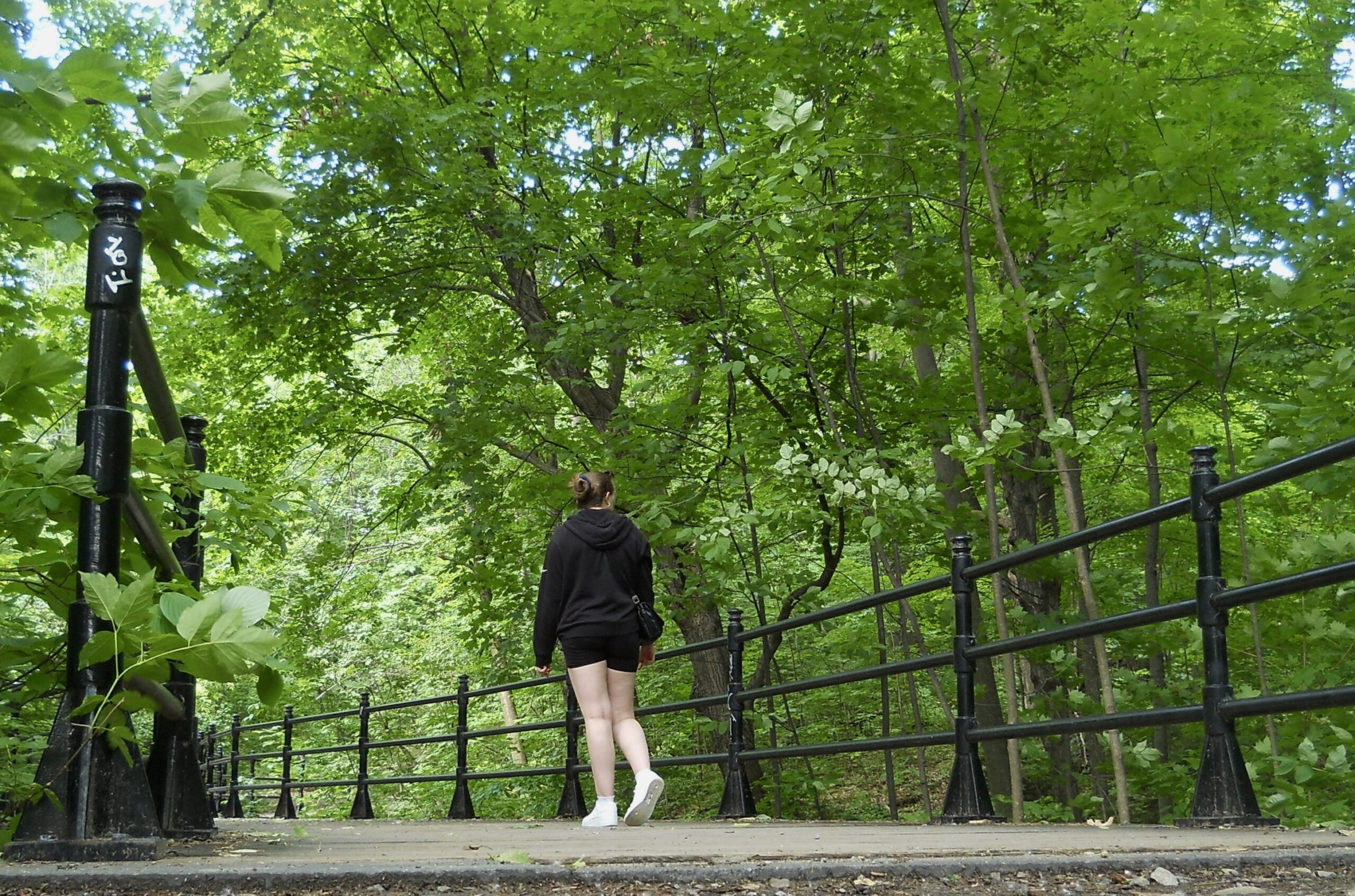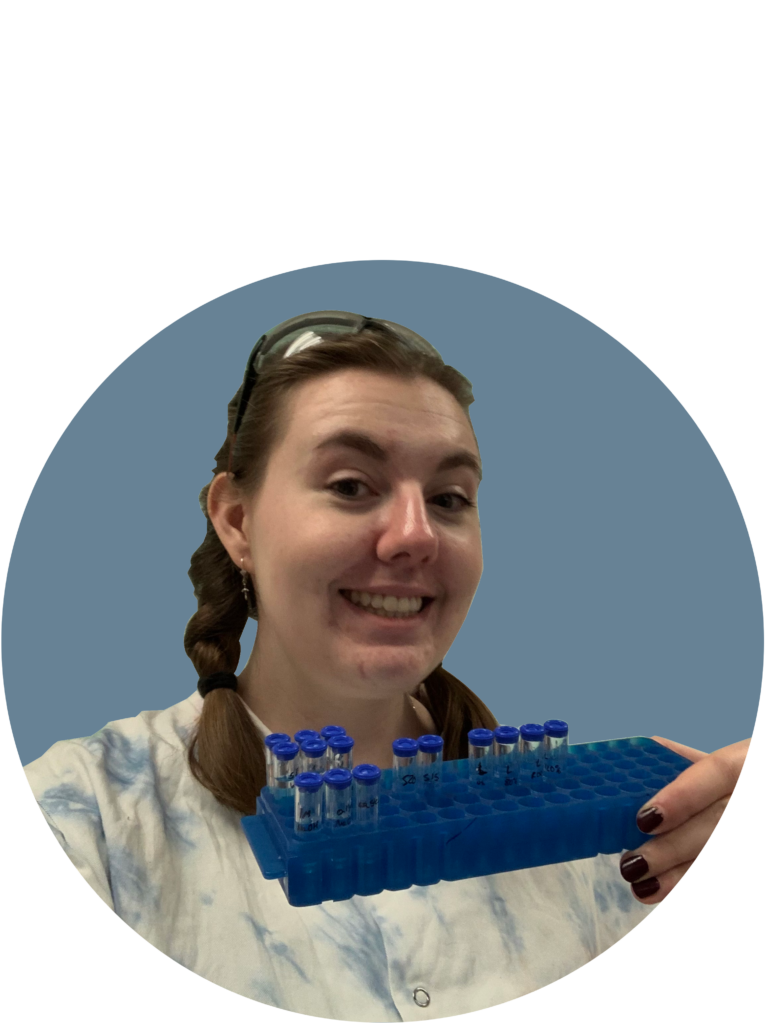
ENSU 1000: A Reflection on Environmental Sustainability
Every summer, since I was three years old, my family has gone on a week-long camping trip at two provincial campgrounds: Scotch Creek Provincial Park and Herald Provincial Park. This annual tradition instilled in me a love and appreciation for the natural world from an early age. Being able to grow up in and alongside nature taught me to respect the environment, thus lessons such as “stay on the trail” and “leave no trace” became second nature to me. However, over the years, I noticed the trails at these campgrounds grew wider with more forks in the road, and more hollow tree stumps hid empty drink cans. These observations coincided with bigger changes happening in British Columbia and across the country, due to the ever-growing threat of climate change. I have seen the effects of climate change on my community firsthand, from wildfires and droughts becoming an expected summer occurrence to experiencing less snow each winter. These signs were too hard to ignore even with youthful ignorance, so I strived to live a life where environmental sustainability was a main objective.
To begin living more sustainably, I started by changing my daily habits to be more eco-friendly through recycling, shopping second hand, and switching to plastic free products, while encouraging others in my life to do the same. However, my experience learning about sustainability and how human actions affect the environment began in high school, when I became a founding member of my school’s very first climate action club. Being a member of the Westsyde Secondary Climate Action Club taught me many important lessons. Volunteering at the Kamloops Film Society’s first ever Sustainability Night, exposed me to various perspectives surrounding climate change. The positive impact of a large group of people making small lifestyle changes was apparent after helping to organize a weeklong event called Earth Week. Overall, joining the club allowed me to meet others with similar views on environmental sustainability, and taught me we can do more to fight the climate crisis as a group than as individuals.
When I started at TRU, I was not set on a specific career, but I knew the best chance I had at making a difference for the environment was through the Bachelor of Science program. Throughout my time as an undergraduate, I have been able to learn more about sustainability and humans’ impact on the world around us via in-class experiences and hands-on research. The concept of interconnectedness in the natural world, from the tallest trees to the smallest microbes, was discussed extensively in courses such as Introductory Microbiology. This taught me even seemingly small actions can lead to large and damaging consequences when it comes to the fragile systems in nature. In Introduction to Environmental Studies and Sustainability, I learned about concepts such as trophic levels, food webs, and nutrient cycles. These ideas reinforced my understanding of the complex connectivity throughout and between ecosystems. I was able to gain greater respect for the environment by learning the difference between ecocentric and anthropocentric perspectives. This allowed me to comprehend that the environment was not created for human use, but is something we must treat with respect as its own entity.
Once I began working as a research assistant in Dr. Jonathan Van Hamme’s microbiology lab, I realized I wanted to pursue research as a career. Over the past four years, I have had the opportunity to investigate a bacteria called Gordonia sp. strain NB4-1Y and its ability to break down environmentally concerning perfluoroalkyl and polyfluoroalkyl substances, PFAS. These synthetic chemicals are extremely hard to break down using traditional methods, so research into the degradation process by bacteria is important. The work I have done through a directed study and honours project will be published and contribute to the rapidly growing knowledge base on bioremediation attempts for PFAS contaminated sites. Through my research experience, I began to understand the importance of remediation. Environmental damage has already become too extreme; thus, society can not only focus on preventing more damage, but also on reversing the harm already done. PFAS have piqued interest in scientific communities across the globe as its dangers have become more well known to the public. Thus, this field is something I am open to pursuing further in my graduate studies.
I have had the opportunity to share my research and connect with others also interested in PFAS and environmental microbiology at the Canadian Society of Microbiology’s 74th annual conference in Montreal. I also presented my work locally at the TRU Undergraduate Research and Innovation Conference and the In a Nutshell Undergraduate Research Competition. I did not fully grasp the extent of my work until I attempted to condense years of research and the importance of studying PFAS into a concise, comprehensive presentation. Overall, sharing my findings at both local and national conferences, to audiences of experts and non-specialists, taught me the importance of ensuring scientific information is accessible to avoid misinterpretations of data and scientific conclusions.
My academic and work experiences at TRU have continued to support and expand my passion for the environment, while simultaneously sparking an interest in research. That is why, despite thoroughly enjoying outdoor experiences throughout my life thus far, I have decided the best way for me to protect the forests I grew up in, is to pursue a career in the lab. I am excited to pursue a master’s degree in biotechnology, possibly abroad in New Zealand, as the next step toward a PhD and a career as a professional research scientist in the environmental or health sectors. Wherever my path leads, I intend to keep environmental sustainability at the forefront of how I approach both my professional pursuits and personal choices.
